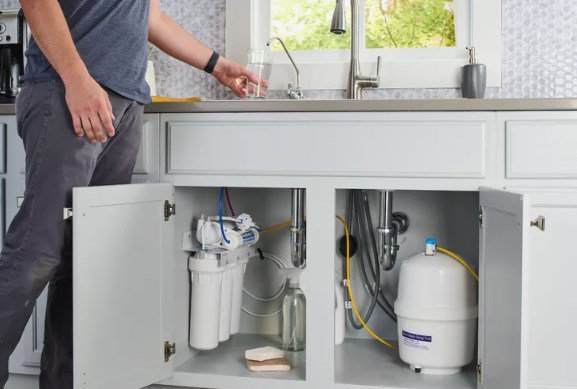Could an air purifier remove the smell of room?
Basements are notorious for having a musty, damp smell due to their low ventilation and high humidity levels. This smell can be caused by mold, mildew, or other sources of moisture. In addition, basements may also have odors from stored items, pets, or other sources.
Air purifiers are commonly used to remove odors and pollutants from the air. However, not all air purifiers are created equal when it comes to removing the smell of the basement. In this article, we will explore the effectiveness of air purifiers in removing basement odors and provide some tips on choosing the right air purifier for your needs.
How Do Air Purifiers Work?
Before discussing the effectiveness of air purifiers in removing basement odors, it's important to understand how they work. Air purifiers use filters or other technologies to remove pollutants from the air, such as dust, pollen, pet dander, and mold spores. Some air purifiers also have the ability to remove odors from the air using activated carbon or other odor-absorbing materials.
Activated carbon filters are commonly used in air purifiers to remove odors. Activated carbon is a porous material that adsorbs (not absorbs) odors and gases by attracting and trapping them in its pores. As air passes through the carbon filter, the odors and gases are trapped, leaving behind clean air.
Can Air Purifiers Remove Basement Odors?
Air purifiers can be effective in removing basement odors, but their effectiveness depends on several factors, including the type of odor, the size of the room, and the quality of the air purifier.
If the basement odor is caused by mold or mildew, an air purifier with a HEPA filter is recommended. HEPA filters are designed to capture particles as small as 0.3 microns, including mold spores. However, it's important to note that while HEPA filters can capture mold spores, they do not kill mold. If you have a mold problem in your basement, you should address the root cause of the problem and remove the mold before relying solely on an air purifier.
If the basement odor is caused by general mustiness or dampness, an air purifier with an activated carbon filter is recommended. Activated carbon filters can trap and adsorb odors, leaving behind clean air. However, activated carbon filters need to be replaced periodically to maintain their effectiveness.
If the basement odor is caused by stored items or pets, an air purifier with an activated carbon filter and a pre-filter can be effective. The pre-filter captures larger particles, such as pet hair and dust, while the activated carbon filter adsorbs odors. Some air purifiers also have specialized filters for pet odors and dander.
Choosing the Right Air Purifier for Your Basement(https://www.simpurelife.com/products/msa3-air-purifier)
When choosing an air purifier for your basement, it's important to consider the size of the room, the type of odor, and the quality of the air purifier. Here are some tips on choosing the right air purifier for your basement:
-
Consider the size of the room. Air purifiers are designed to clean the air in a specific area. Be sure to choose an air purifier that is appropriate for the size of your basement.
-
Look for an air purifier with a HEPA filter if you have a mold or mildew problem. HEPA filters are designed to capture small particles, including mold spores.
-
Look for an air purifier with an activated carbon filter if you have general mustiness or dampness. Activated carbon filters can trap and adsorb odors.
-
Consider an air purifier with a pre-filter if you have pets or store items in your basement. Pre-filters can capture larger particles




